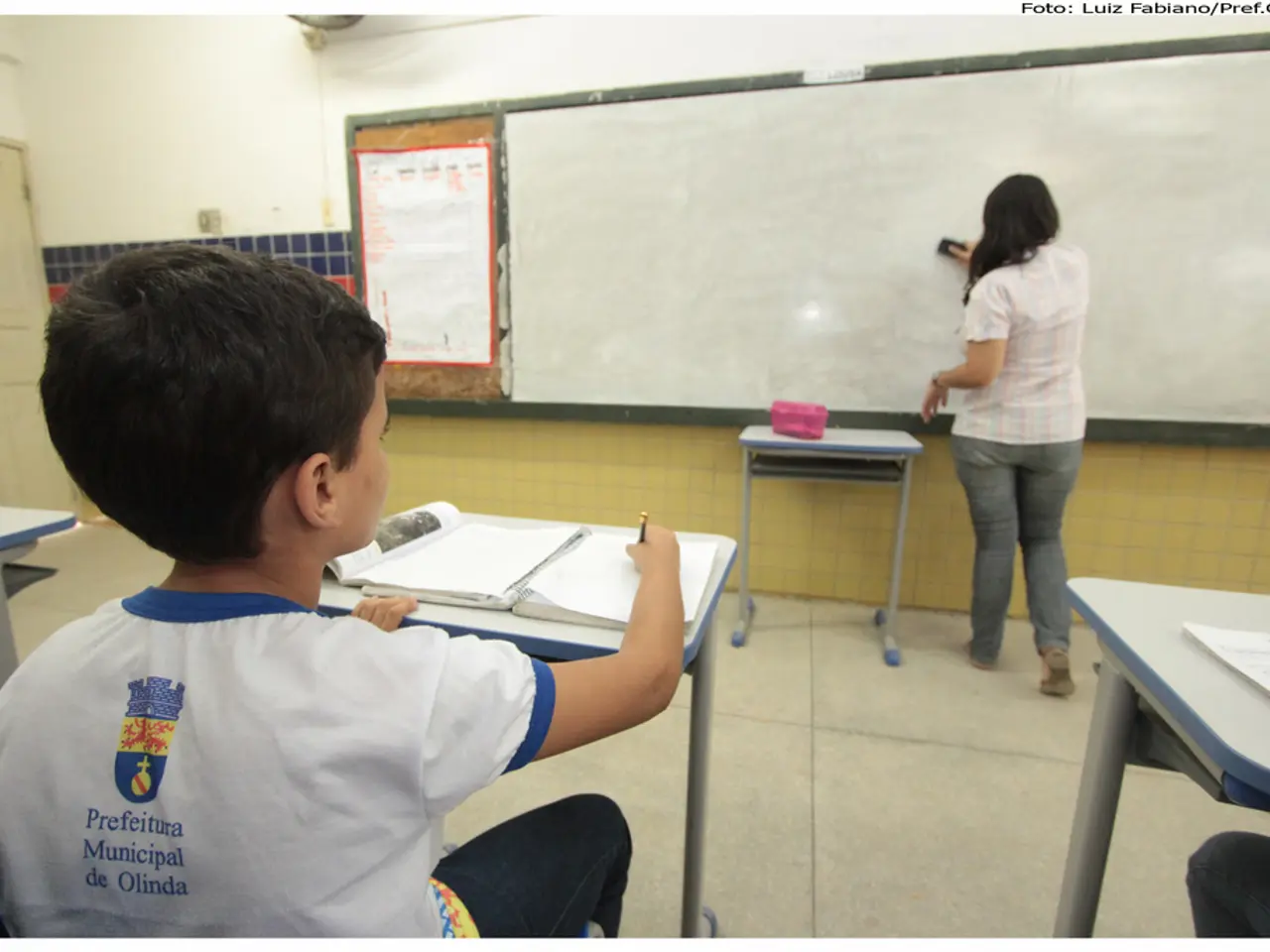'Individuals single-handedly sustaining remote learning institutions' support rural schools
In Turkey, approximately 1.2 million teachers are working tirelessly to provide quality education, with a significant number of them serving in rural areas. These educators face unique challenges that require thoughtful solutions.
One of the key aspects of improving conditions in rural schools is careful planning. This includes the implementation of guidance counselors, extracurricular activities, and tailored curricula. Smaller class sizes in rural schools allow teachers to follow each student's progress closely, ensuring a personalised approach to learning.
However, the roles of rural teachers often extend beyond the classroom. Some teachers are responsible for all administrative work, while others have taken on volunteer roles to ensure every child's right to education. In some cases, teachers are teaching multiple grades at once, further emphasising the multifaceted nature of their roles.
The demands of rural teaching can be overwhelming, and many teachers are young and new to the profession. They call for incentives to ease the burden of their roles. Expanding field practice opportunities for teachers is suggested to provide them with practical experience in rural settings, helping them to better prepare for the unique challenges they may face.
Integrating rural education into teacher training programs is also recommended, to ensure that new teachers are equipped with the skills and knowledge necessary for rural teaching. Offering extracurricular activities in rural schools is suggested to enhance the educational experience, providing students with opportunities to explore their interests outside of the classroom.
Tailoring curricula to local realities is also crucial. This approach better suits the needs of rural schools, ensuring that education remains relevant and meaningful for students. Placing guidance counselors and subject teachers in rural schools is recommended to improve conditions, providing students with the support they need to succeed academically.
Community respect is a strong motivator for teachers in rural schools, as they are often treated with great deference. Despite the challenges, teachers in rural schools face, they remain committed to their roles. They clean schools themselves to prepare for lessons and serve as caretakers, demonstrating their dedication to their students and communities.
Organisations such as UNICEF recognise the importance of improving teachers' working conditions in rural areas. Through better training, provision of resources, community support, and improved infrastructure, they aim to create a more conducive environment for rural education.
The Village Schools Exchange Network (KODA) has collected accounts of teachers' experiences in rural schools, providing valuable insights into the challenges they face and the solutions that can be implemented to improve conditions. By addressing these challenges, we can ensure that every child, regardless of where they live, has access to quality education.
Read also:
- Postpartum Period and Gestational Diabetes: Does it Persist?
- Controlled spree of Legionnaires' disease among Harlem residents ceased, city health authorities confirm; however, locals push for increased openness and information disclosure
- Transform City for the Better
- Prostate Cancer Examination Guidelines, Outcomes, and Financial Aspects




